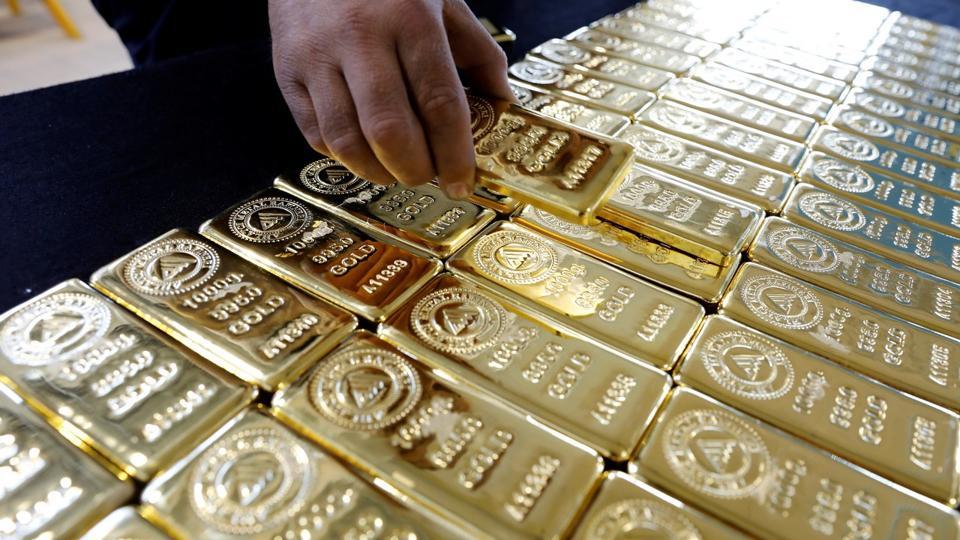Metals markets are moving into a new bullish period that will be longer and shallower than the last, as a result of by rising inflation and dispersed demand growth, panelists said at the LME week Asia conference in Hong Kong.
A broad-based pick up in global economic growth has pushed up energy prices and inflationary pressure that will gain more steam from an increase in U.S. interest rates.
On top of a steady increase in fundamental demand, asset managers will have more interest in metals, which were ignored because of “cheap” cash and as yields in other sectors were more attractive, said Guy Wolf, Global Head of Market Analytics, Marex Spectron.
Hard assets like metals are generally seen as a hedge against inflation because prices rise along with growth in the real economy. Metals have returned much less than equities in the current part of the cycle.
“This time, what we will see is a bull market will run for much longer but will probably not look that great. Everyone will say that it is unsustainable, so no one will invest in new capacity,” said Wolf.
Metal demand growth may appear less strong as it is scattered across emerging markets, especially around Southeast Asia, rather than being centralized in China and so may be more difficult to measure, said Rob Hawkes, a director at Goldman Sachs.
“The world is going to have to adjust to the fact that China isn’t going to be the engine of consumption growth. Southeast Asia is probably going to be where we look for growth in consumption going forward,” he said.
For copper, supply will be constrained by underinvestment in searching for and developing new mines, while in the near term, negotiations with labor unions in the top two producing countries of Chile and Peru may disrupt supply of concentrate, underpinning prices, he said.
“(Goldman Sachs) have run the numbers and they know how many contracts are up for renewal this year, and they’ve reached the conclusion that they’re all not going to go smoothly,” he added.
The global market for copper is seen in a small surplus this year, but it is expected to move into a deficit from 2019 as a wave of supply financed during the last boom winds down and there is a lack of new projects to replace that supply, Reuters reports.
“We turned bullish on the metals market last year. I think metals price are going to go materially higher, way higher than everyone imagines right now,” Wolf said.












